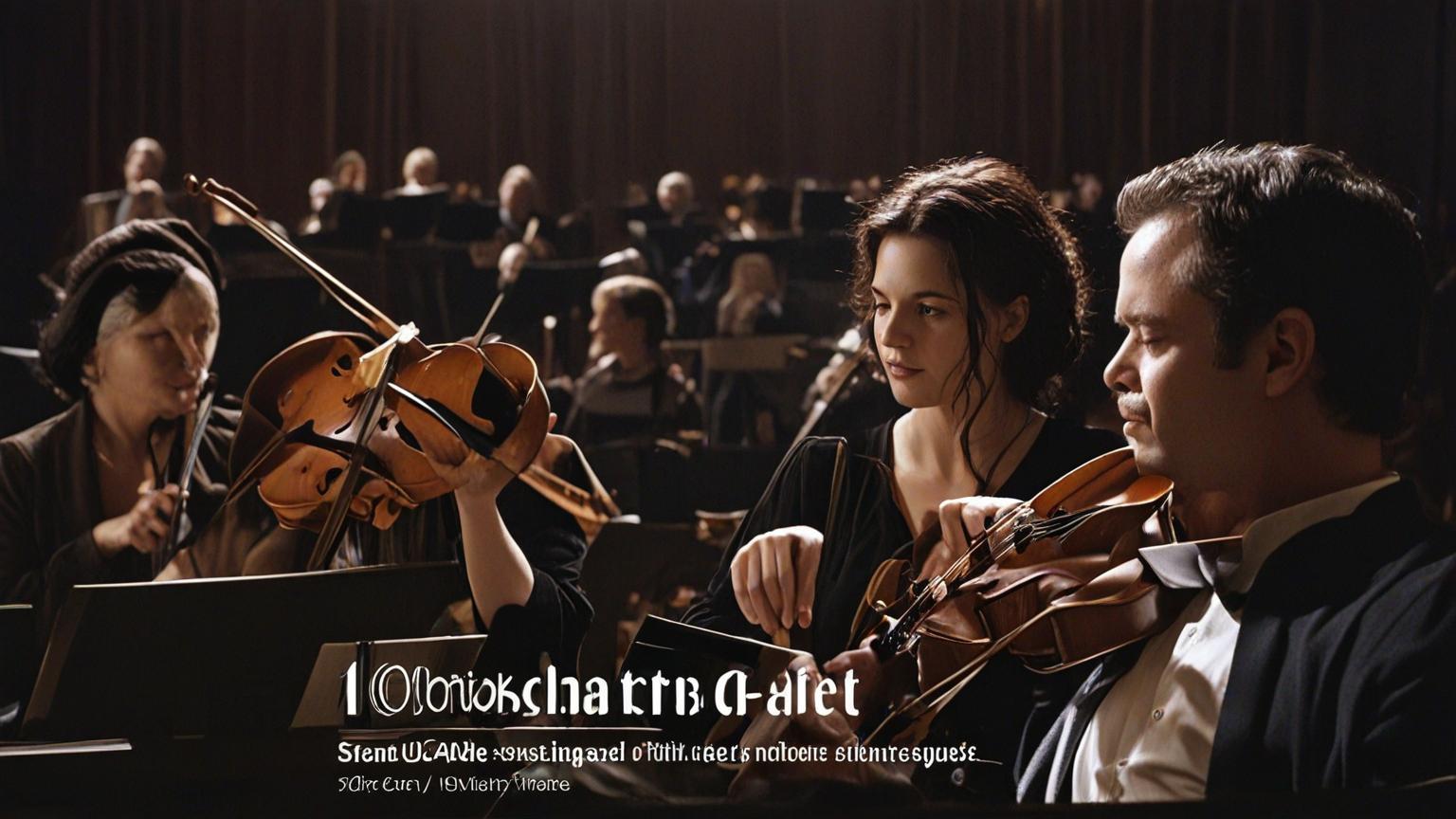In the art of filmmaking, a significant yet often underappreciated aspect is the film score—a crucial element capable of enriching the narrative, elevating emotions, and often encasing itself in the subconscious of audiences. This magical blend of music and moving images is more than a background accompaniment; it is a silent dialogue with the viewer's emotions.
Taking a closer look at unforgettable cinematic moments, one can appreciate how music transforms scenes into something more profound and poignant. For instance, envision the epic fight between Luke Skywalker and Darth Vader. It isn’t merely the clash of lightsabers that remain etched in memory; it is John Williams' sprawling score that raises the stakes and conjures raw emotions. Such is the power of a well-crafted film score—transporting the audience into the heart of the story, and empowering scenes through sonic enchantment.
Scores have a unique ability to symbolize the unspeakable. Max Steiner, a revered figure in the scoring world, believed music possessed the charisma to portray characters' invisible thoughts and unspoken tensions. In the timeless classic, ‘Gone with the Wind,’ Steiner’s themes conveyed underlying passions and looming tragedies, shaping scenes into emotional masterpieces.
Contemporary scores often experiment with unique soundscapes, traversing genres and cultural influences. Hans Zimmer’s inventive approach in ‘Inception’ employed brass-heavy orchestrations, manipulating time and perception, thus mirroring the film’s intricate themes. His blend of traditional orchestras with electronic elements brews an innovative aural experience, redefining how soundtracks contribute to storytelling.
Moreover, emerging composers are continually redefining this artistic domain. Hildur Guðnadóttir’s haunting score in ‘Joker’ illustrates this evolution. The cello-led composition mirrored Arthur Fleck’s descent into chaos, intertwining viewers within his tortured psyche. Her accomplishment in adapting unconventional sound into the mainstream signals a transformative age for film music.
Notably, film scores serve as lasting cultural markers. They crystallize moments in cinematic history that transcend time. You might not recall the exact plot of ‘Jurassic Park’ or ‘Titanic,’ but the scores will undeniably evoke visceral memories of those films.
Despite being unsung heroes, composers have gradually gained recognition, as the significance of soundtracks has become irrefutably apparent. Awards from the Academy and Grammys now commemorate these auditory architects, attributing value to their integral contributions to cinema.
Venturing behind-the-scenes reveals the sophisticated processes entangled in crafting a compelling score. Composers must harmonize their artistic vision with the director’s narrative, essentially writing music that narrates without words. It is a delicate dance of collaboration and creativity, where every note must narrate and resonate.
What remains untouched amidst these layers is the bittersweet reality that most film scores will recede into obscurity—an unspoken marvel known to but a few. However, their lingering echoes shall always cradle stories, awaiting those eager to listen.
Ultimately, the hidden impact of film scores lies in their capacity to convert simple stories into resonant experiences—an ethereal something that captures the ineffable essence of human emotions. They inspire, provoke, and unify. And even as cinematic frontiers expand, the significance of music in film will continue as a cornerstone of storytelling, immortalizing feelings long after the credits roll.
The hidden impact of film scores on emotional storytelling

